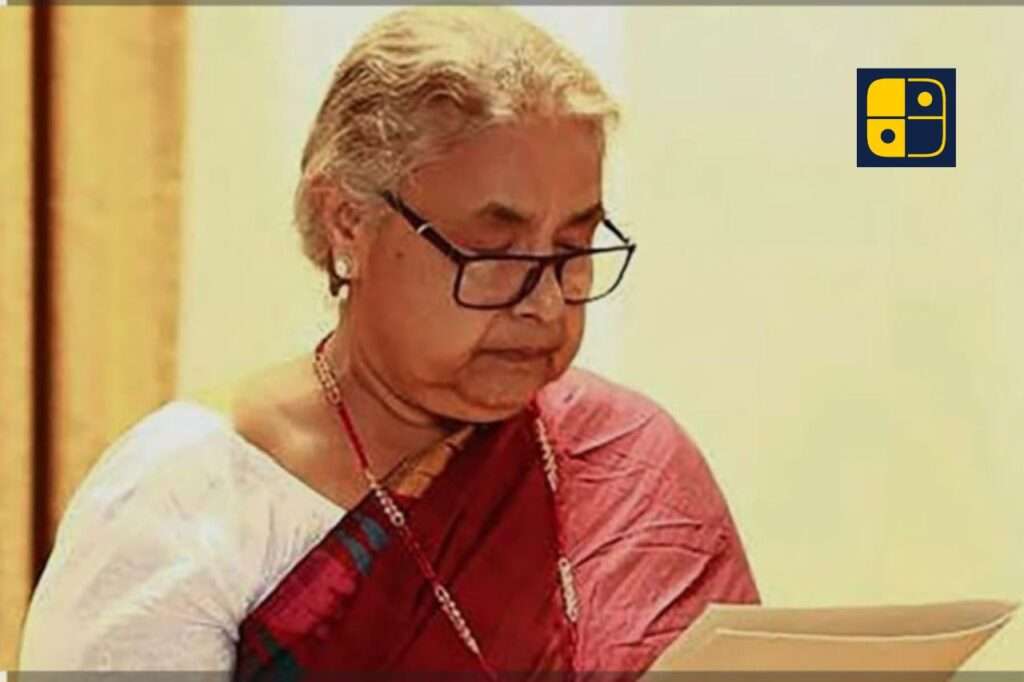A Crisis and a Caretaker
Nepal’s fragile democracy has entered yet another turbulent chapter. The collapse of K.P. Sharma Oli’s government amid violent protests, a revoked social-media ban, and a mass jailbreak has left the state scrambling to restore order. In this vacuum, President Ramchandra Paudel has appointed Sushila Karki, Nepal’s first woman Chief Justice (2016-17), as the interim Prime Minister, tasked with steering the nation until elections in March 2026. The symbolism of her appointment is striking offering a clean break from entrenched political elites.
Judicial Integrity and Political Fallout
Karki’s stature rests largely on her record as Chief Justice. Known for her no-nonsense approach and insistence on accountability, she presided over critical verdicts in corruption and governance cases. Yet, her independence came at a cost: in 2017, Pushpa Kamal Dahal “Prachanda” and coalition partners tabled a controversial impeachment motion against her, widely condemned as an attempt to muzzle the judiciary. Though retired shortly thereafter, that episode cemented her reputation as a defender of institutional autonomy a quality now making her acceptable to a restless youth movement demanding systemic change.
The Personal and the Political
Born in 1952 in Biratnagar, Karki studied at Banaras Hindu University and Tribhuvan University before beginning her legal career in 1979. She rose through the ranks to become Nepal’s first female Chief Justice. Her personal life has also drawn attention: her husband, Durga Prasad Subedi, a Nepali Congress youth leader, participated in Nepal’s first aircraft hijacking in 1973 an audacious political act against the Panchayat regime. This association, while controversial, underscores her family’s long-standing connection to Nepal’s tumultuous democratic struggle.
Challenges of the Interim Mandate
The expectations placed on Karki are formidable. She must quell street violence, oversee impartial inquiries into protest deaths, and ensure that the 2026 elections are credible. Legal scholars, however, question the constitutional propriety of elevating a retired judge to the executive’s top post, warning against short-term fixes that undermine constitutionalism. Simultaneously, the Nepal Army’s heavy presence in Kathmandu highlights the delicate balance between order and civil liberties.
Symbolism and the Road Ahead
For Nepal’s Gen-Z activists, who have become the loudest voices on the streets, Karki embodies incorruptibility and distance from partisan machinations. Her leadership is meant to project neutrality and restore faith in democratic processes. Yet, symbolism must be matched by substance: unless her caretaker government can institute transparent processes, rein in security excesses, and create a level electoral playing field, disillusionment may deepen. Nepal stands at a crossroads her premiership could either be remembered as a democratic reset or another missed opportunity.

